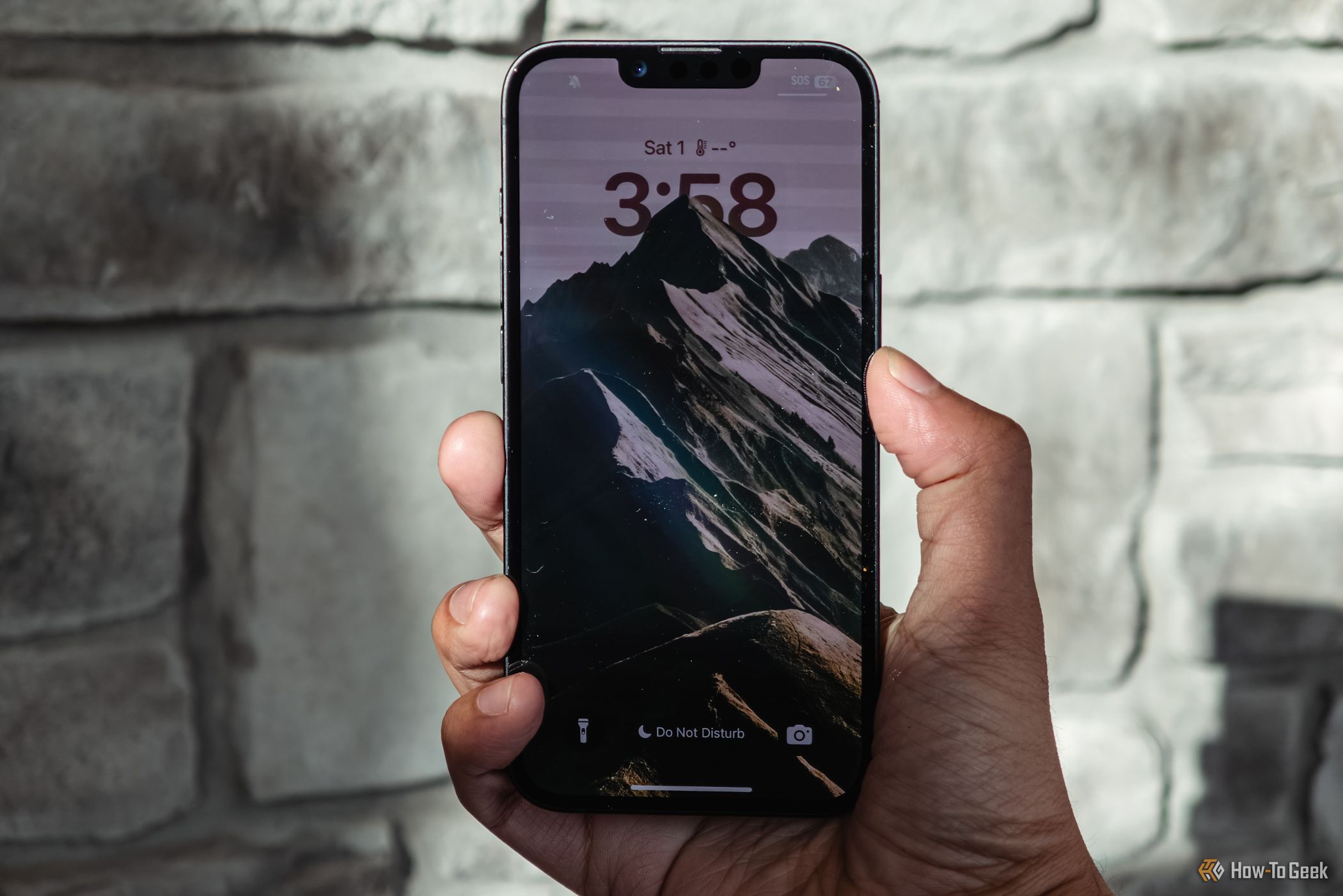Android 16 Codename Reveals Google’s New Naming Convention

Remember when Android versions were called Lollipop, Marshmallows, Nougat, and Oreo? While Google might have stopped using this desert naming scheme officially, internally it still refers to them as such. It was assumed that the codename for the next release would begin with a ‘W’. But a new report suggests that the naming process is getting a reset. So, the codename for Android 16 could be “Baklava”.
This report comes from Mishaal Rehman via Android Authority based on a tip they received from a developer who found some changes hints within Android’s AOSP code. It revealed that the minimum SDK versions and platform SDK codename checks show the version as ‘Baklava’—during the early builds of Android 16. The search giant had used ‘VanillaIceCream’ as the codename for Android 15.
Google internally uses desert codenames for their OS during development as a placeholder. But once it reaches platform stability, it replaces it with the Android version number. Like how Google replaced “VanillaIceCream” with “15” for the official Android release.
The real question is, why “Baklava” instead of anything that begins with a ‘W’? Mishaal explains that this is because of Google’s trunk stable project. This is a new development model, and Android 14 QPR 2 used the same. The build IDs for this version started with the letter ‘A’ instead of ‘U’ if we are going alphabetically.
The same trunk stable model is also helping Google to push out API changes faster to Android 16’s main branch. This, along with Google twice referring to “25Q2” in the Compatibility Definition Document (CCD) means that Android 16 will come out sometime in June of next year as opposed to its typical release window of August, September, or October as discovered recently by Android Authority.
It is a sour end to an era of guessing what the desert name is for the next version of Android. But it is also a sign that Android is moving in a new direction where new releases might come out sooner, probably just in time for Google I/O. What are your thoughts on this new naming scheme for Android? Let us know in the comment section below.
Source link











